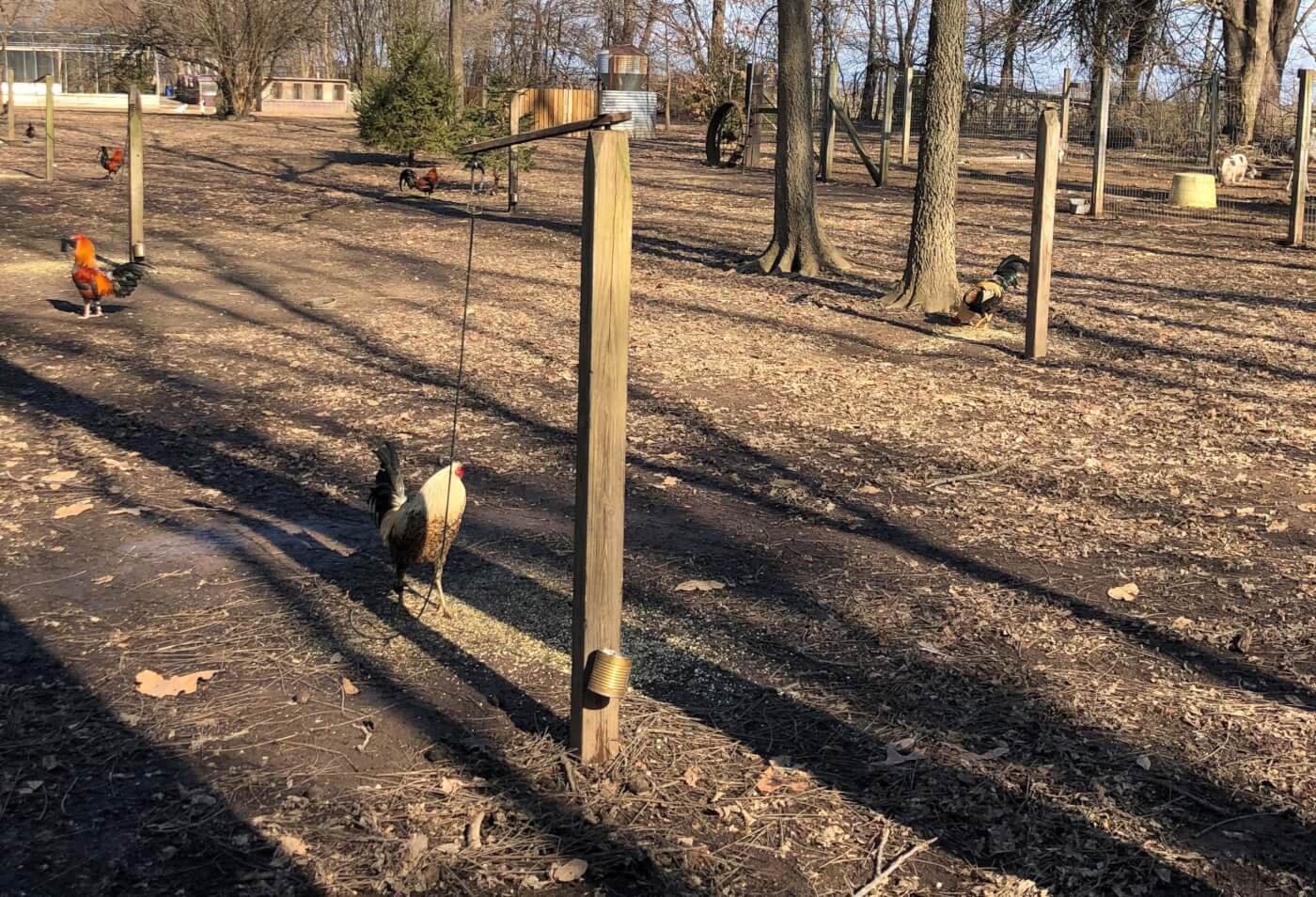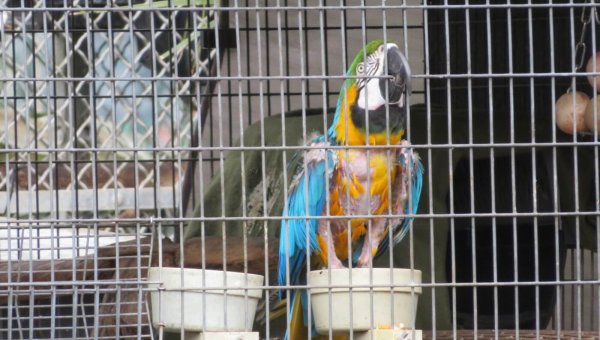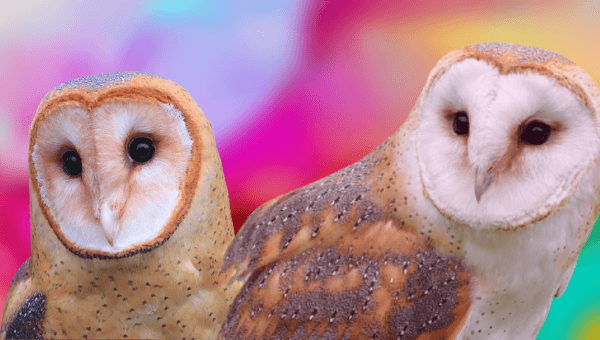Progress! The USDA Finally Passes Bird Protection Rule After 20 Years of Dragging Its Feet
More than 20 years after Congress demanded that the U.S. Department of Agriculture (USDA) provide basic protections for birds, the agency finally published a rule establishing humane handling, care, treatment, and transportation standards for birds not bred for use in experiments.

In May 2022, after the agency published a proposed rule, PETA submitted recommendations to help ensure captive birds’ welfare, asking that the USDA amend the rule to offer stronger protections for birds.
After decades of failing to include any minimum protections as required by the federal Animal Welfare Act (AWA), the USDA has finally adopted protections for birds. Unfortunately, the final rule only “strongly discourages” certain practices that could harm birds’ health and welfare and falls short of addressing the unique needs of birds, such as failing to explicitly require space for flight. PETA will continue to push for stronger regulations until birds receive appropriate protections under the AWA.
Here’s What YOU Can Do to Help Birds
This new rule is a step in the right direction, but our work is far from done. Take action for birds suffering at roadside zoos and in laboratories:
Members of the public will also be able to report inhumane conditions for birds to the USDA. Current licensees must comply with this new rule by August 20, 2023, and new licensees now subject to regulation who previously had been allowed to operate without a license must obtain one and comply with this new rule by February 21, 2024. USDA inspectors can no longer turn a blind eye to regulated birds’ suffering, and when facilities fail to do the minimum required by these regulations, there’s now a mechanism for serious repercussions—including warnings, civil penalties, and suspension or revocation of licenses.



